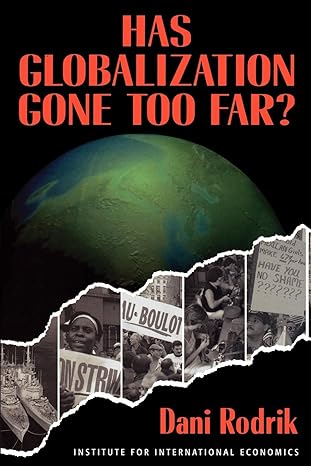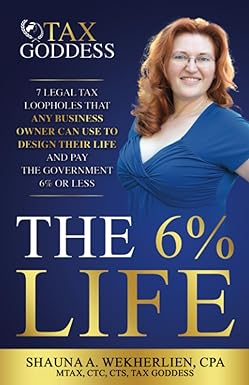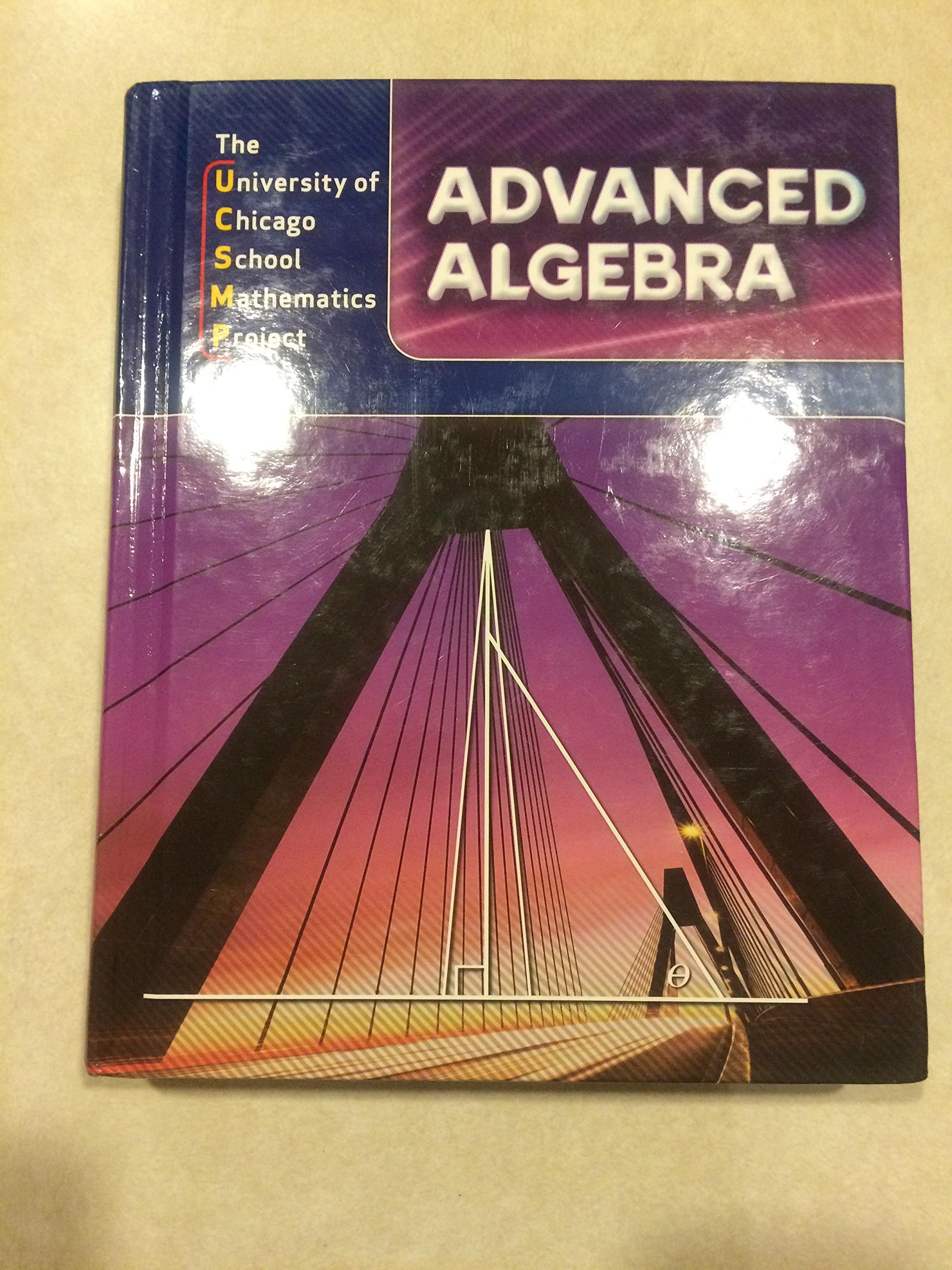Go back


Has Globalization Gone Too Far(1st Edition)
Authors:
Dani Rodrik

Cover Type:Hardcover
Condition:Used
In Stock
Shipment time
Expected shipping within 2 DaysPopular items with books
Access to 30 Million+ solutions
Free ✝
Ask 50 Questions from expert
AI-Powered Answers
✝ 7 days-trial
Total Price:
$0
List Price: $24.00
Savings: $24(100%)
Solution Manual Includes
Access to 30 Million+ solutions
Ask 50 Questions from expert
AI-Powered Answers
24/7 Tutor Help
Detailed solutions for Has Globalization Gone Too Far
Price:
$9.99
/month
Book details
ISBN: 0881322415, 978-0881322415
Book publisher: Peterson Institute for International Economics
Get your hands on the best-selling book Has Globalization Gone Too Far 1st Edition for free. Feed your curiosity and let your imagination soar with the best stories coming out to you without hefty price tags. Browse SolutionInn to discover a treasure trove of fiction and non-fiction books where every page leads the reader to an undiscovered world. Start your literary adventure right away and also enjoy free shipping of these complimentary books to your door.
Book Summary: Globalization is exposing social fissures between those with the education, skills, and mobility to flourish in an unfettered world market?the apparent "winners"?and those without. These apparent "losers" are increasingly anxious about their standards of living and their precarious place in an integrated world economy. The result is severe tension between the market and broad sectors of society, with governments caught in the middle. Compounding the very real problems that need to be addressed by all involved, the knee-jerk rhetoric of both sides threatens to crowd out rational debate. From the United States to Europe to Asia, positions are hardening.Dani Rodrik brings a clear and reasoned voice to these questions. Has Globalization Gone Too Far? takes an unblinking and objective look at the benefits?and risks?of international economic integration, and criticizes mainstream economists for downplaying its dangers. It also makes a unique and persuasive case that the "winners" have as much at stake from the possible consequences of social instability as the "losers." As Rodrik points out, "... social disintegration is not a spectator sport?those on the sidelines also get splashed with mud from the field. Ultimately, the deepening of social fissures can harm all."President Clinton read the book and it provided the conceptual basis for the trade/IMF portions of his State of the Union message in January 1998.
Customers also bought these books
Frequently Bought Together
Top Reviews for Books
Request 4gcheas
( 5 )
"Delivery was considerably fast, and the book I received was in a good condition."










